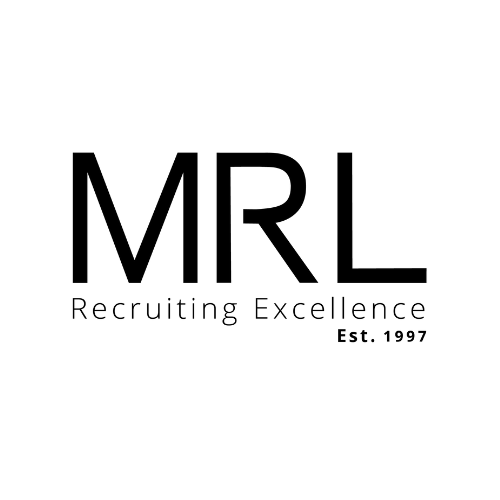Addressing the Skills Gap: Collaborative Solutions for Semiconductor Recruitment
05 Apr, 20245 minutesSemiconductor availability has been limited since the pandemic. One of the reasons behind th...

Semiconductor availability has been limited since the pandemic. One of the reasons behind that is the production hiatus that the various lockdowns necessitated. But there’s also an ongoing skills shortage, which some experts believe may escalate into a crisis. Demand has long outpaced production, but in the current recruitment climate there is no easy way to address this. Collaborative recruitment seems to be the only solution for the semiconductor industry. But what could that look like?
Collaborative Recruitment Solutions for the Semiconductor Industry
Why are we seeing recruitment problems?
There are three key factors influencing recruitment in the industry.
The ageing workforce – Thanks to the age of the industry, a large percentage of the workforce is either nearing retirement, or has already retired. This concentrates the need for new talent, at a time when many of the skills are missing.
The industry is evolving – The industry's technology is evolving rapidly right now. This means that many of the workers within the industry today lack the skills and knowledge to meet the needs of the sector as it moves forward.
Education – The semiconductor industry requires a unique skill set. And this is not being delivered by the education system. Academic programmes are failing to meet the needs of the evolving industry.
How can these issues be addressed?
There is no single quick fix for semiconductor recruitment. If we’re going to ensure an uninterrupted future for the industry, a multi-pronged approach is essential.
Education and training
For educators to produce candidates with the right, up-to-date skills, there needs to be collaboration with industry. Whether that’s industry experts becoming involved in curriculum, or the provision of onsite training and work experience modules. We’ll only close the gap between the supply and demand of talent if the right kind of talent is produced.
Learning and development
Running alongside the above, we also need to see a focus on continuous learning and development (L&D) within the industry. The right L&D can ensure that existing employees and their skillsets evolve at the same rate as the industry. Helping to expand the operational lifespan and value of each individual worker.
Image
If the semiconductor industry wants to attract new talent, it has to take steps to make itself more appealing. The evolution of the industry is throwing up massive innovation, it’s an exciting place to be a part of. But the industry’s image is currently a little bit boring. It has very little kerb appeal.
Government support
In May 2023, the UK government announced a £1 billion strategy for theUK's semiconductor sector. With a focus on design, research and advanced chip leadership, the investment aims to put the UK at the forefront of the industry and to secure the supply chain. And this is a great start. But the support needs to continue, with additional funding being put into education and training in the immediate term.
DE&I
Diversity, ethnicity, and inclusion (DE&I) has been a core focus for many industries throughout the last five years. Not just because it’s the morally right (and publicly popular) thing to do. But because it makes sound business sense. When you focus on DE&I, you open up your industry to huge pockets of previously ignored talent.
Recruitment
Recruitment is almost always a costly and time-consuming process. Finding ways to expedite and enhance the recruitment process, can help to save the industry time and money, while making the process simpler and more enjoyable for applicants. Embracing dedicated recruiters with industry experience can support that process.
The semiconductor industry should be thriving. Demand is continuing to increase in correlation with our reliance on the technology. But unless we find the solution for bridging the skills gap, that situation won’t remain true for long.
Contact MRL to discuss semiconductor industry recruitment.





